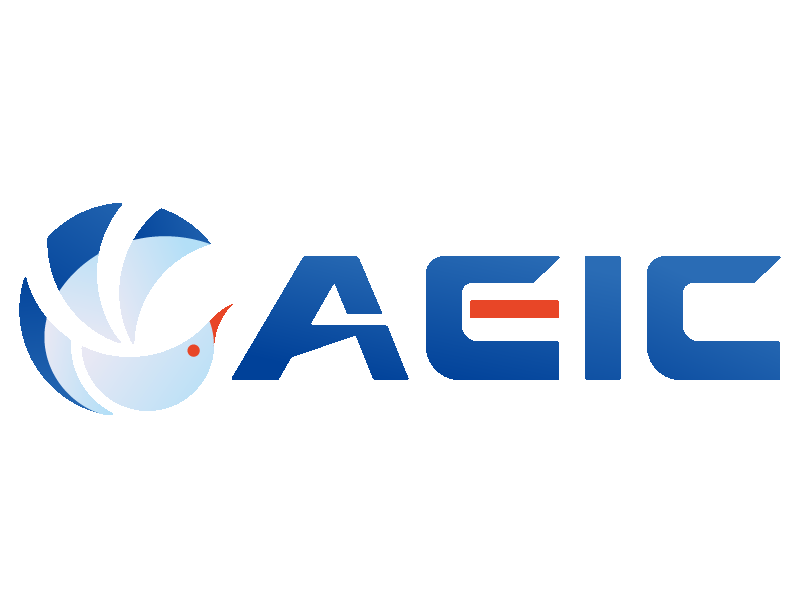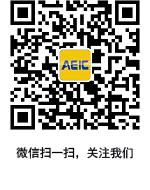A.Prof. Ming Ming ZHOU, University of Macau, Macau, China
周明明副教授,澳门大学,中国
Research Area: Use of Technology in Teaching and Learning; Self-Regulated Learning, Metacognition, Achievement Motivation; Research Methods in Education and Psychology
研究领域:在教学中使用技术; 自我调节学习,元认知,成就动机; 教育心理学研究方法
Title:The Use of Data-Driven Instruction to Promote “Super Skills” for the 21st Century
标题: 数据驱动教学以促进21世纪的“超级技能”发展
Abstract:
The changing demands on the workforce of the global marketplace have shifted the focus of higher education from the mastery of content-driven material to the mastery of process-driven real-world skills. More than ever before, greater emphasis has been placed on offering competency-based education which has a great deal to do with the focus on skills. Today’s students are moving beyond the basics and embracing the 4C’s — “super skills” (i.e., communication, collaboration, creativity, and critical thinking) for the 21st century. However, there is widespread consensus that our education system is failing to adequately prepare all students with the essential 21st century knowledge and skills necessary to succeed in school, career, life, and citizenship.
In this talk, we will briefly introduce the evolutionary software development designed for authentic classroom teaching in higher education, and then discuss its impact on the development of competency in the young people. Two empirical studies from different fields (art education and language education) will be presented, and results will be discussed to illustrate their merits. The challenges and issues with integrating modern technology into teaching and learning in higher education will also be explored.
A.Prof. Azidah binti Abu Ziden, Universiti Sains Malaysia, Malaysia
Azidah binti Abu Ziden副教授,马来西亚理科大学,马来西亚
Research Area: Instructional Design (e-learning), Multimedia & Creative Arts, ICT, Educational Technology, Mobile Learning, 21st Century Learning
研究领域:教学设计(电子学习),多媒体和创意艺术,ICT,教育技术,移动学习,21世纪学习
Title:Impactful Blended Learning: Universiti Sains Malaysia Experience
标题:有效的混合学习: 马来西亚理科大学经验之谈
Abstract:
The advancement of technology has actually forced educators to re-think their teaching and learning environments, incorporating new initiatives and encouraging more impactful teaching and learning through technology tools and elearning platform. The concept of flexible blended learning by incorporating technological based learning environment is beginning to change with educators attempting to align their physical spaces with contemporary pedagogical philosophy. The wonderful thing about designing and implementing a blended learning strategy is that we can determine exactly how interactive our blended learning activities in our courses, and how engaging the overall learning experience will be. Looking deeper into how to design and provide user experience which greatly impact students’ learning and achievement in our courses in USM. By considering holistic learning experiences including leveraging learning theories, collaborative learning, and information technology, the strategies proved to support students’ learning. Instructions within a blended learning course can include variety of activities such as pre-prepared online videos in the elearning platform, various apps and tools to address learning objectives, focus on collaborative tools and monitor students’ performances using various methods and platforms. Asynchronous and synchronous blended learning can actually optimize personalized learning for students while they learn collaboratively. Lecturers can design and determine how the content can be discussed effectively, whether the core ideas can be explored better through synchronous or asynchronous communication and designing activities that lead to critical reflection and discourse. It is suggested that blended learning strategies within a collaborative learning environment support a purposeful inquiry that moves to resolution of learning.





